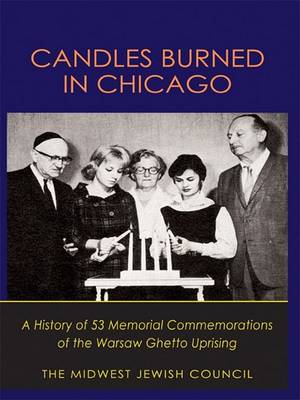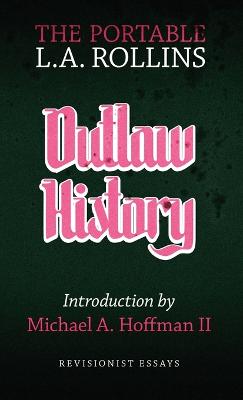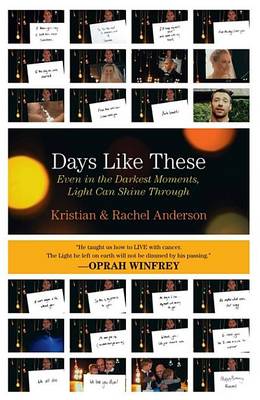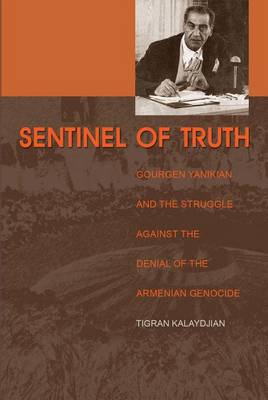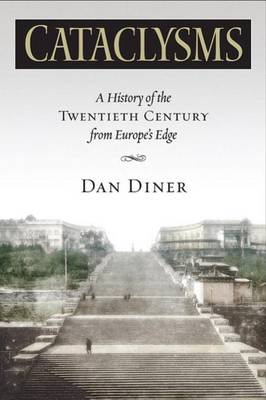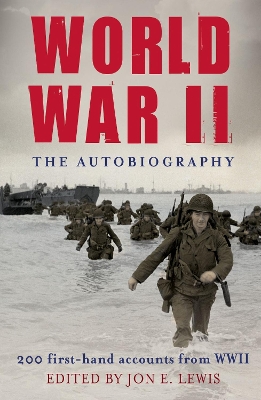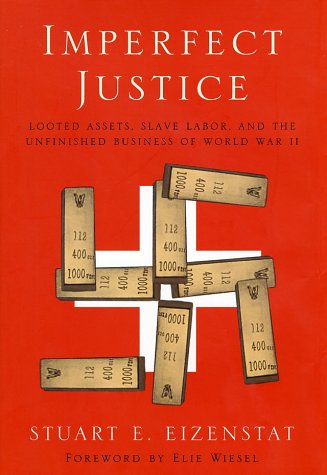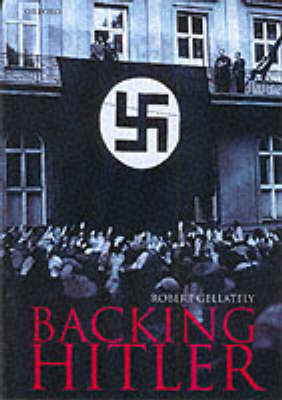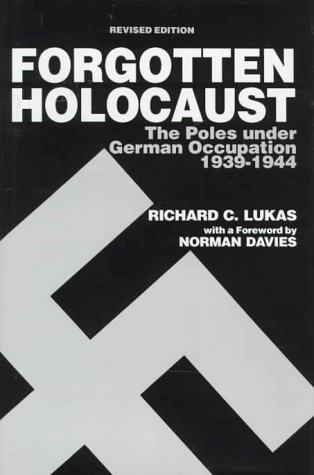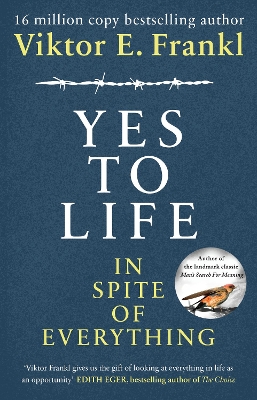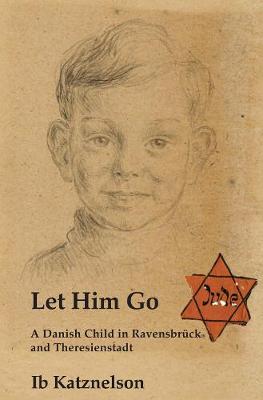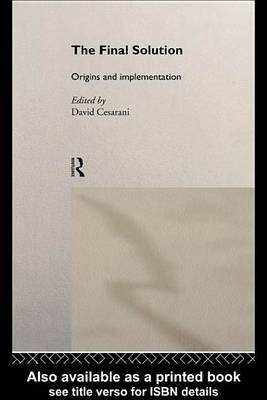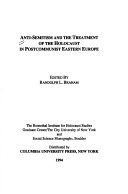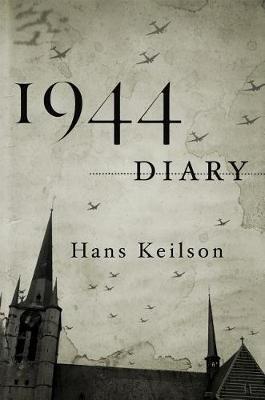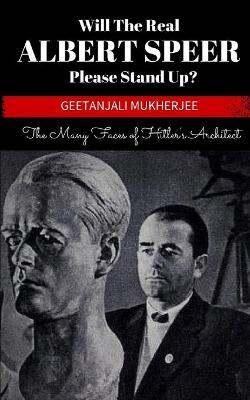This book tells the story of Krystyna Bierzynska, an acculturated Polish Jew, from her birth in Warsaw in 1928 up to the war's end in May 1945, when she was reunited with her brother, Dolek, an officer in the Polish II Corps. Bierzynska not only survived the Holocaust due in large part to the extraordinary efforts of her parents, blood relatives, and surrogate Christian family, but also served as a 16-year-old orderly in the 1944 Warsaw Uprising. Hers is a Warsaw story, a biography that demonstr...
Cataclysms is a profoundly original look at the last century. Approaching twentieth-century history from the periphery rather than the centers of decision-making, the virtual narrator sits perched on the legendary stairs of Odessa and watches as events between the Baltic and the Aegean pass in review, unfolding in space and time between 1917 and 1989, while evoking the nineteenth century as an interpretative backdrop. Influenced by continental historical, legal, and social thought, Dan Diner vie...
A remarkable series of over 200 eye-witness accounts taken from diaries, letters, speeches, interviews and memoirs of those who were there: pilots, sailors, generals, infantrymen, war correspondents and leaders. These include Spitfire pilot Richard Hillary's account of bailing out of his plane in the Battle of Britain; a German sailor's view of HMS Royal Oak being torpedoed at Scapa Flow; insights into Rommel's ailing health from a lieutenant in the Afrika Korps; famous war correspondent Ernie P...
In the second half of the 1990s, Stuart Eizenstat was perhaps the most controversial U.S. foreign policy official in Europe. His mission had nothing to do with Russia, the Middle East, Yugoslavia, or any of the other hotspots of the day. Rather, Eizenstat's mission was to provide justice,albeit belated and imperfect justice,for the victims of World War II. Imperfect Justice is Eizenstat's account of how the Holocaust became a political and diplomatic battleground fifty years after the war's end...
The Nazis never won a majority in free elections, but soon after Hitler took power most people turned away from democracy and backed the Nazi regime. Hitler won growing support even as he established the secret police (Gestapo) and concentration camps. What has been in dispute for over fifty years is what the Germans knew about these camps, and in what ways were they involved in the persecution of 'race enemies', slave workers, and social outsiders. To answer these questions, and to explore the...
From April 1942 to March 1944, Helene Berr, a recent graduate of the Sorbonne, kept a journal that is both an intensely moving, intimate, harrowing, appalling document and a text of astonishing literary maturity. With her colleagues, she plays the violin and she seeks refuge from the everyday in what she calls the "selfish magic" of English literature and poetry. But this is Paris under the occupation and her family is Jewish. Eventually, there comes the time when all Jews are required to wear a...
'Viktor Frankl gives us the gift of looking at everything in life as an opportunity' Edith Eger, bestselling author of The Choice'Offers a path to finding hope even in these dark times' The New York Times A rediscovered masterpiece by the 16 million copy bestselling author of Man’s Search For MeaningJust months after his liberation from Auschwitz renowned psychiatrist Viktor E. Frankl delivered a series of talks revealing the foundations of his life-affirming philosophy. The psychologist, who w...
"An account of the Nazi-occupied Netherlands from one of Europe's most powerful chroniclers of the Holocaust. In 2010, FSG published two novels set in World War II by the German Jewish psychoanalyst Hans Keilson: The Death of the Adversary (1959) and Comedy in a Minor Key (1944). With their Chekhovian sympathy for perpetrators and bystanders as much as for victims and resisters, they were, as Francine Prose raved on the front page of The New York Times Book Review, 'masterpieces' by 'a genius.'...
